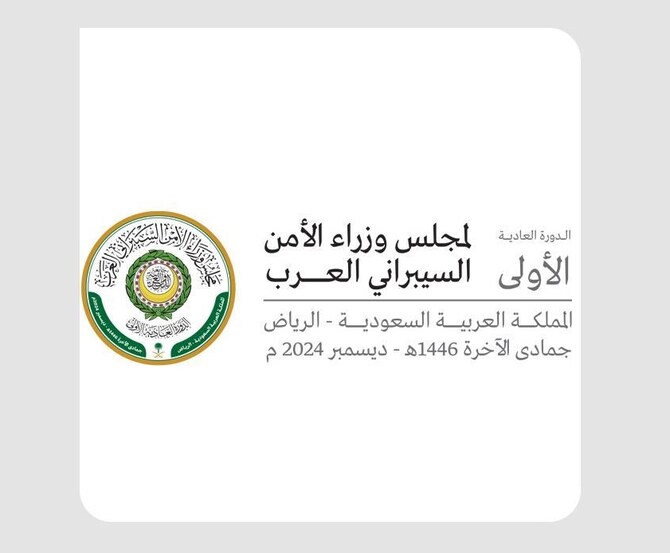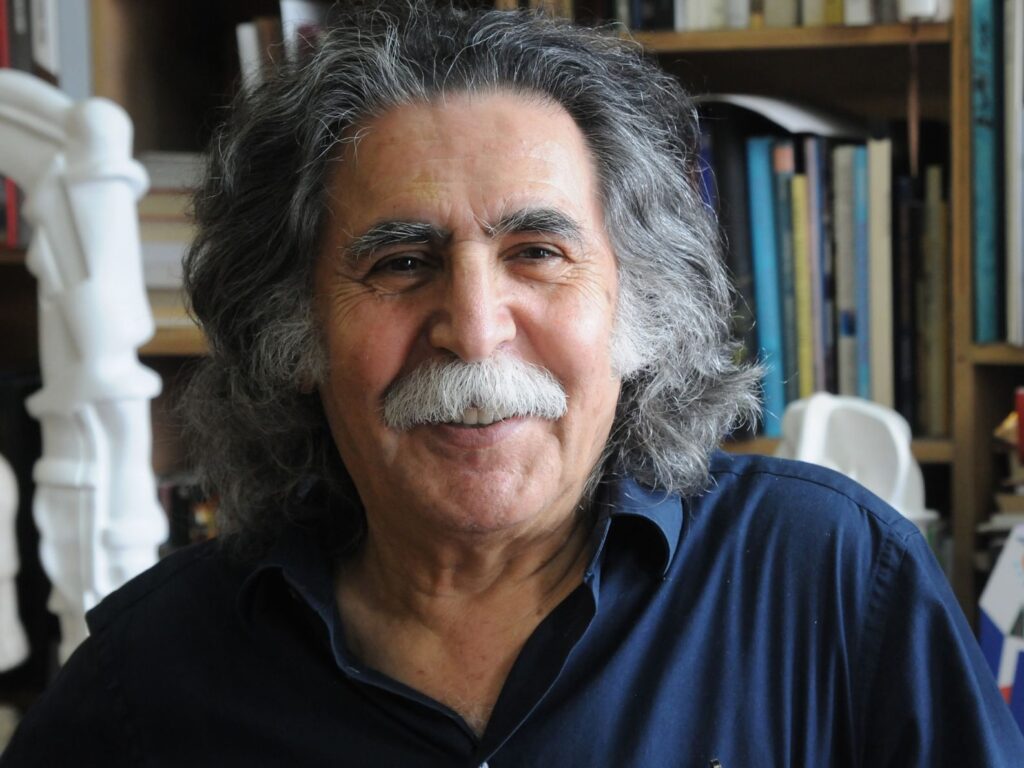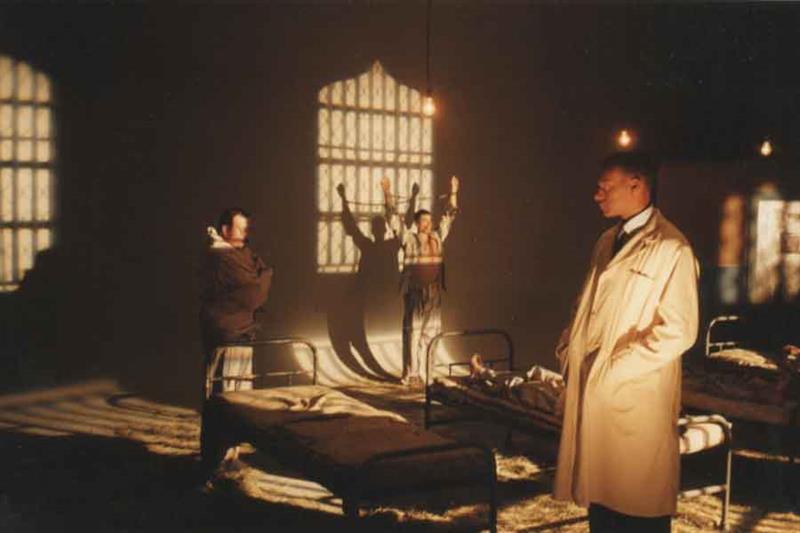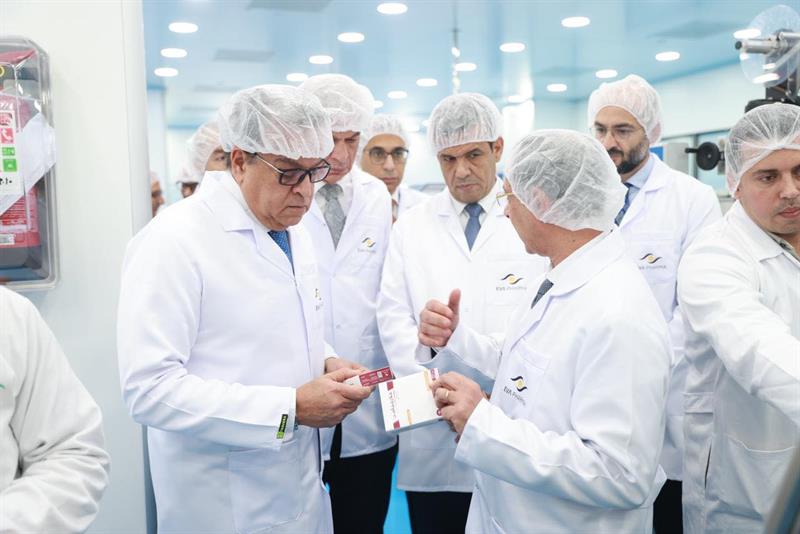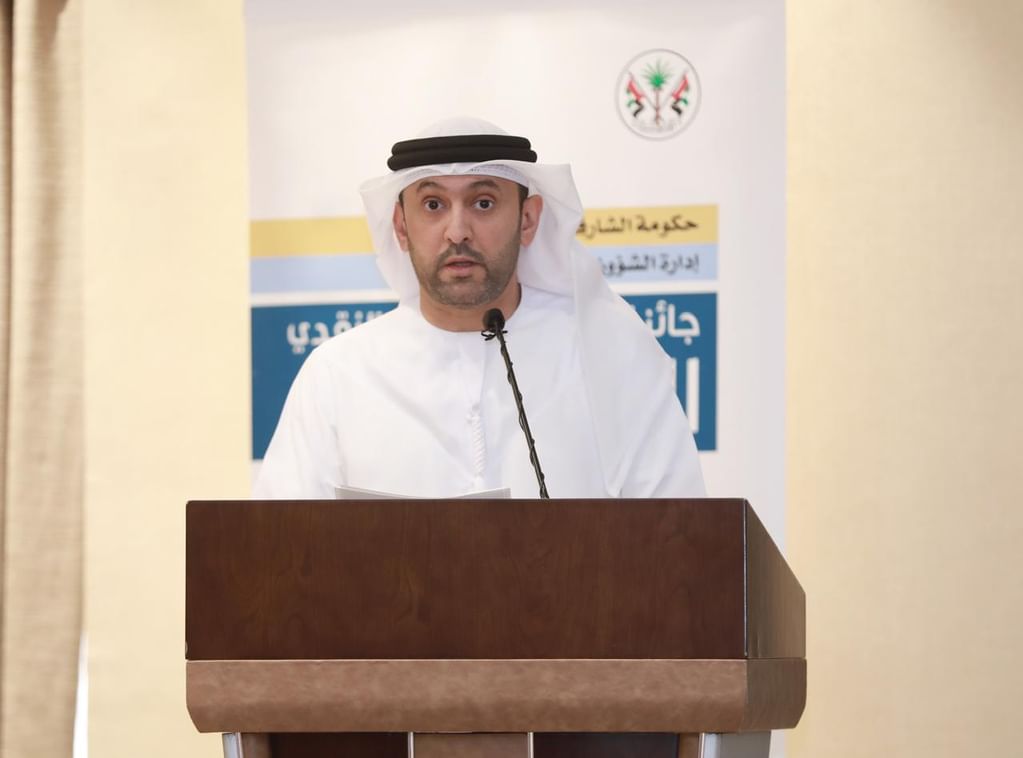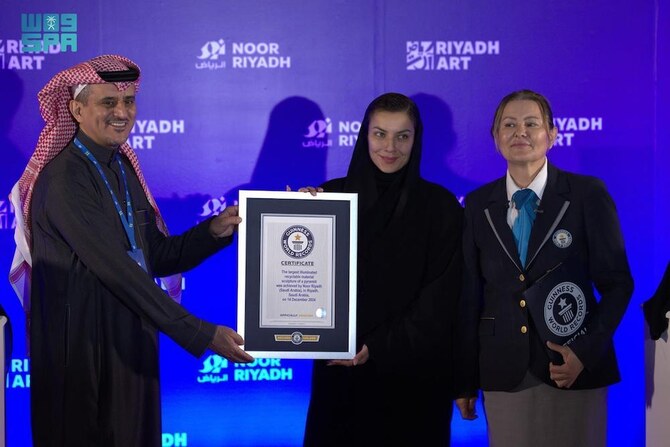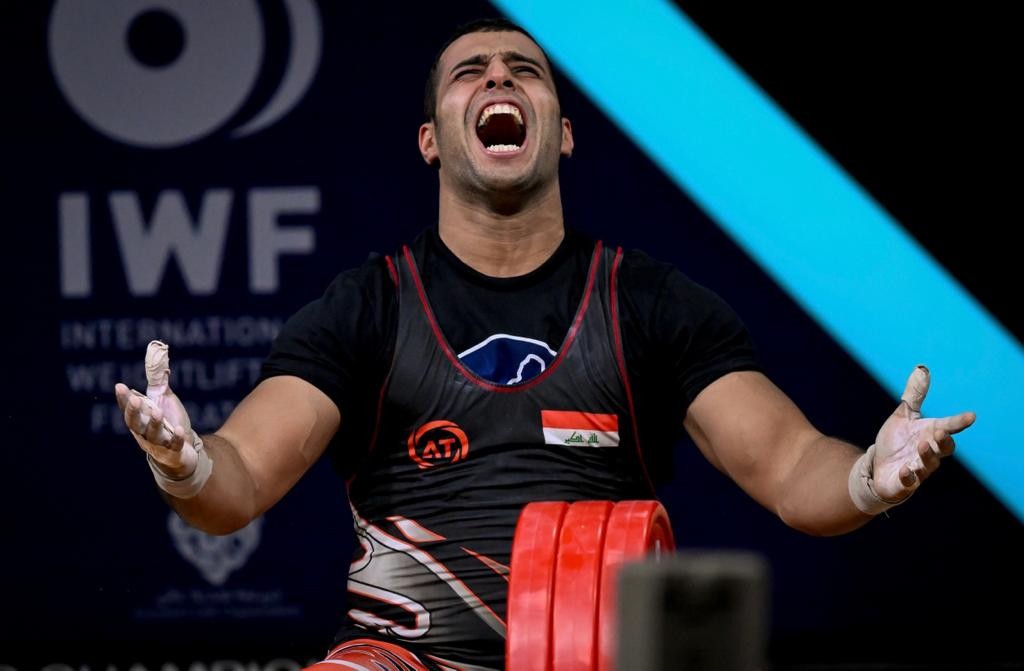Salman Al Jaidah hopes to see his vision of a thriving Qatari presence within the hospitality industry.
As Qatar’s first graduate from the prestigious Swiss Culinary Arts Academy, Chef Salman Al Jaidah is eager to see more Qataris embrace the rich traditions of the hospitality industry.
In between answering questions, the young chef deftly balanced his attention preparing his rendition of a fusion steak mosaic with Japanese nori and an accompanying cauliflower puree.
“I can’t say I started my journey cooking,” Al Jaidah told Doha News, admitting that he was initially fascinated by the workings of professional kitchens.
“The yelling, the running, the organised chaos – all of this was intriguing to me.”
Born and raised in his native Qatar, the young chef studied in Canada for his secondary school before enlisting in culinary school in Switzerland. Despite being miles away from home, his innate sense of hospitality never left his side.
Al Jaidah would often host friends at his home after school, where guests were expected to eat and drink to their fill.
“I wouldn’t say I made anything gastronomical,” he admitted. “Whatever was around was what I would make, whether it was chicken wings, or a simple stir fry – just something simple we could all enjoy.”
However, one of his Canadian friends happened to have previously lived in the United Arab Emirates, and had a hankering for one of the region’s popular hot beverages. One day, she asked Al Jaidah if he knew how to make chai karak.
“I said to her: ‘I can make you the best karak!’” he recalled.
Despite not being formerly taught the steps of making the famed drink, he knew the ingredients needed.
“I guessed how to make it and it turned out how it should be,” he said. “It was a happy moment for me. When I made the tea and all my friends fell in love with it, I got a sense of cooking being so much more than that.”
The Swiss connection
When the time came to further his education, he chose to study at the number one culinary arts institute in Switzerland, which also ranks seventh in the world for hospitality.
“I chose the Culinary Arts Academy Switzerland because of its world ranking. I knew I would get an all-round background, not just in the culinary arts, but also hospitality. Even though my degree is in culinary arts, I was still able to explore hospitality courses,” he explained.
While studying, he seized this opportunity. He also noted that a kitchen at industry level and hospitality go hand-in-hand, drawing parallels with the restaurant and hotel settings.
“While there may be less amenities in a restaurant and certainly no rooms, there’s always people, relations and service,” he pointed out.
As part of his degree, Al Jaidah returned to Doha for a month’s internship during the region’s first FIFA 2022 World Cup games.
“Who wouldn’t want to work in Doha during the World Cup, especially When it comes to my industry, right?”
His internship was at Nobu Doha, which also happens to be the world’s largest branch. Al Jaidah explained that on a typical day, would see upwards of 600 “covers”, or diners, from across the globe entering the restaurant’s doors.
“The kitchen was very diverse too – there were chefs from Spain, India, Nepal and the list goes on. It was enriching for me to see the different mentalities and talents that the chefs had from different esteemed kitchens,” he added.
Now in the kitchen himself, the young chef experienced first hand the lack of local representation in the industry.
“This was probably the only thing that bothered me during the experience,” he said.
Dreams beyond the kitchen
The young culinary talent concluded by expressing his eagerness to return to the kitchen full-time, despite the challenges. He also shared his long-term vision of exploring the broader world of hospitality, saying: “It’s not just about opening my own restaurants or hotels.”
Instead, he hopes for the industry’s future to extend beyond his personal aspirations.
“I believe if local people join the hospitality world, it will help the future of this country in a way that when you walk into a hotel, you see Qataris doing the hospitality that we are known for,” he explained.
Although admitting that the industry comes with its challenges, he added that he aspires to be at the forefront of efforts to inspire more Qataris to venture into the industry.
“There’s still so much more to come from me,” he said. “I’m always called ‘Chef Salman,’ but I haven’t necessarily paid all my dues yet to earn that title.”
The young culinary talent concluded by saying he looks forward to the days of being back in the kitchen full time, despite all the chaos, and sees himself someday exploring the world of hospitality in all its form – “not just opening my own restaurants or hotels.”
source/content: dohanews.co (headline edited)
_____________
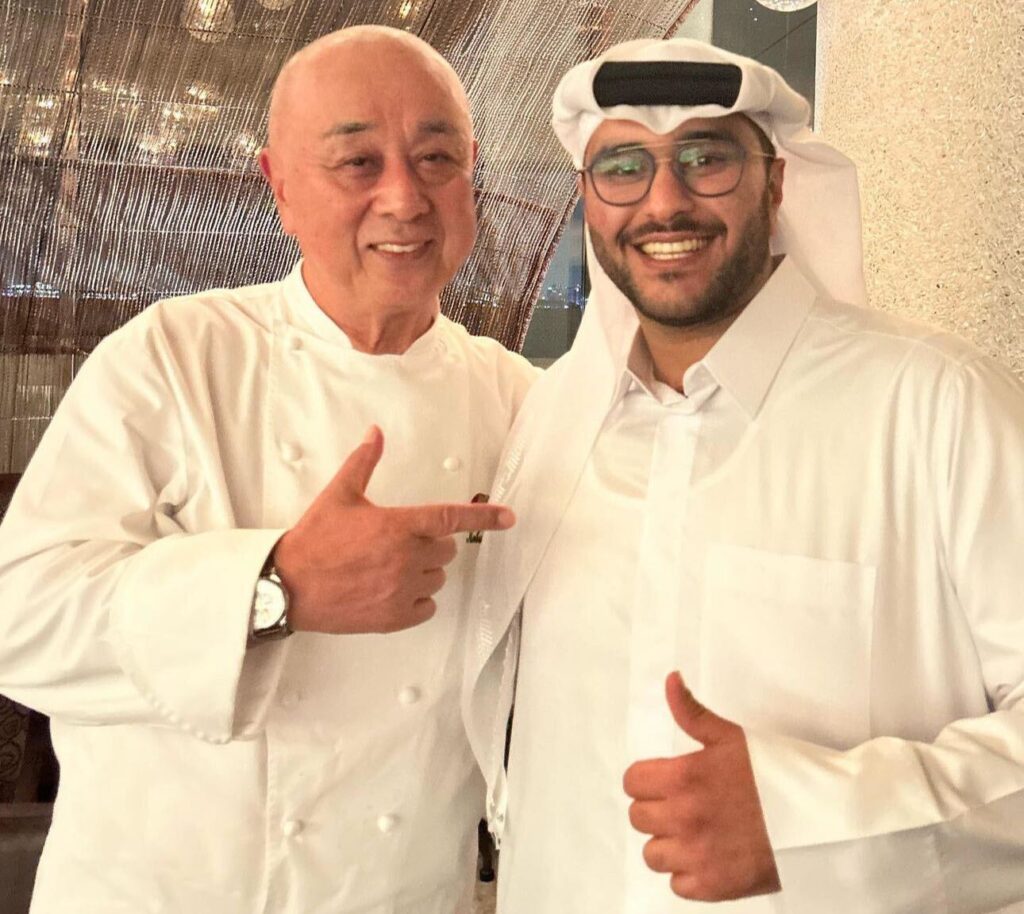
Qatar’s Salman Al Jaidah photographed alongside the world renowned Japanese Chef Nobuyuki “Nobu” Matsuhisa. [Source: Salman Al Jaidah/Instagram]
_________
QATAR
